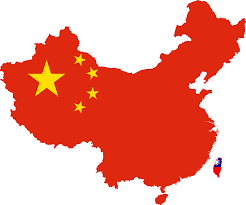China has faced criticism from investors in recent years as political volatility caused share prices to plummet. Policies perceived as hostile to business under the government’s Common Prosperity strategy led to the MSCI China index dropping 37.6% over the past three years, with long-term investors losing 16.2% over five years. However, a recent shift in government policy has prompted some managers to reconsider their stance.
Chris Tennant, co-manager of Fidelity Emerging Markets trust, previously moved away from China due to issues in the Chinese property market, favouring more stable markets like India. Yet, after a pause in buying Chinese assets, he has increased his exposure in recent weeks. Starting the year with an 18.8% underweight compared to the MSCI Emerging Market benchmark, he has now raised it to 31.9% following a promising announcement from President Xi Jinping in May.
The troubled property market has been a significant factor deterring investors from China, but Xi’s commitment of CN¥300bn (£32.6bn) to address the issue represents a significant shift. Tennant sees this change in rhetoric as potentially marking a turning point for China. He notes that the regulatory environment has improved considerably this year, with more supportive measures being implemented, creating a positive outlook for the market.
Tennant acknowledges that while the property sector in China remains a concern, the government’s efforts to stabilise it could restore confidence. The property market is a crucial component of Chinese GDP and influences consumer spending. When property prices are uncertain, people tend to cut back on discretionary spending. He hopes that these measures will stabilise the property market, encouraging people to spend more.
Despite house prices still declining, Tennant believes that a recovery in the housing market would significantly boost consumer spending.
Fidelity China Special Situations PLC (LON:FCSS), the UK’s largest China Investment Trust, capitalises on Fidelity’s extensive, locally-based analyst team to find attractive opportunities in a market too big to ignore.

